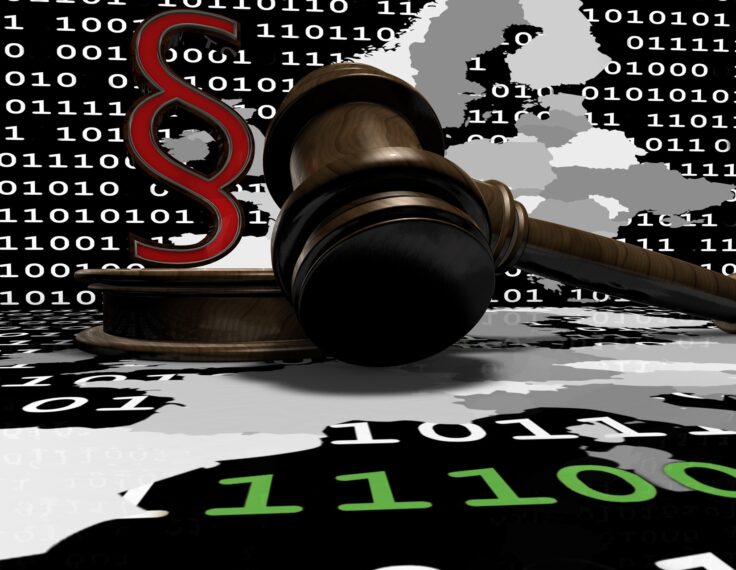Explore All Articles
All Articles
Article Topic

Framing disinformation through legislation: Evidence from policy proposals in Brazil
Kimberly Anastácio
This article analyzes 62 bills introduced in the Brazilian Chamber of Deputies between 2019–2022 to understand how legislators frame disinformation into different problems and their respective solutions. The timeframe coincides with the administration of right-wing President Jair Bolsonaro. The study shows a tendency from legislators of parties opposed to Bolsonaro to attempt to criminalize the creation and spread of health-related and government-led disinformation.

A pro-government disinformation campaign on Indonesian Papua
Dave McRae, Maria del Mar Quiroga, Daniel Russo-Batterham and Kim Doyle
This research identifies an Indonesian-language Twitter disinformation campaign posting pro-government materials on Indonesian governance in Papua, site of a protracted ethno-nationalist, pro-independence insurgency. Curiously, the campaign does not employ common disinformation tactics such as hashtag flooding or the posting of clickbait with high engagement potential, nor does it seek to build user profiles that would make the accounts posting this material appear as important participants in a debate over Papua’s status.

Self-regulation 2:0? A critical reflection of the European fight against disinformation
Ethan Shattock
In presenting the European Democracy Action Plan (EDAP) in 2020, the European Commission pledged to build more resilient democracies across the EU. As part of this plan, the Commission announced intensified measures to combat disinformation, both through the incoming Digital Services Act (DSA) and specific measures to address sponsored content online.

COVID-19
Ambiguity in authenticity of top-level Coronavirus-related domains
Nathanael Tombs and Eleonore Fournier-Tombs
During the novel coronavirus (Covid-19) crisis, citizens have been attempting to obtain critical information and directives from official government websites. These are usually hosted on top-level domains, such as coronavirus.mx. There is no reliable mechanism to verify these websites’ authenticity, and the space is also shared by commercial entities selling related (or not) products and advertisements.

COVID-19
Pandemics & propaganda: How Chinese state media creates and propagates CCP coronavirus narratives
Vanessa Molter and Renee DiResta
To gain insight into how Chinese state media is communicating about the coronavirus pandemic to the outside world, we analyzed a collection of posts from their English-language presence on Facebook. We observed three recurring behaviors: sharing positive stories and promoting the Chinese Communist Party’s (CCP) pandemic response, rewriting recent history in a manner favorable to the CCP as the coronavirus pandemic evolved, and using targeted ads to spread preferred messages.

COVID-19
Signs of a new world order: Italy as the COVID-19 disinformation battlefield
Costanza Sciubba Caniglia
When Italy became the western center of the COVID-19 outbreak, it also became the focus of a series of states-sponsored coordinated disinformation campaigns. From early March through May 2020, disinformation operations in the country have increased noticeably, showing evidence of evolving strategies from multiple state actors geared towards reshaping the narrative of the global COVID-19 crisis and pushing forward geopolitical interests.

Answering impossible questions: Content governance in an age of disinformation
John Bowers and Jonathan Zittrain
The governance of online platforms has unfolded across three eras – the era of Rights (which stretched from the early 1990s to about 2010), the era of Public Health (from 2010 through the present), and the era of Process (of which we are now seeing the first stirrings).
